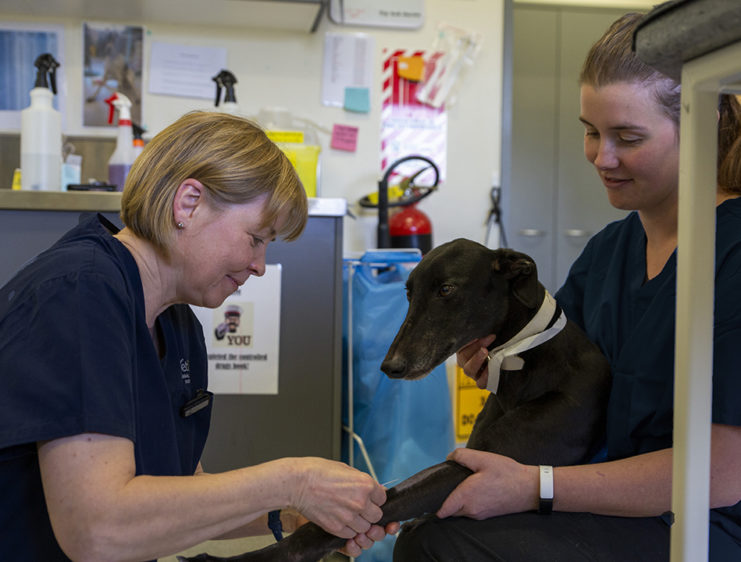
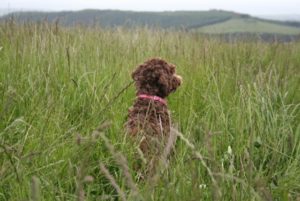
Copper Deficiencies in Deer
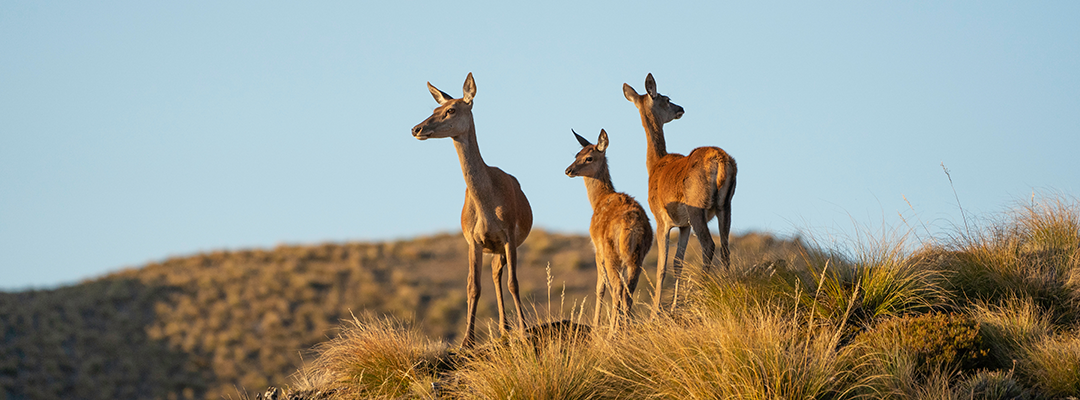
Copper is an essential trace element required for animal health. In deer, like other species of farmed livestock, copper is critical in the formation of the collagen matrix that keeps bones strong. This is why animals that experience copper deficiency early in life can have bones that are weak and prone to fractures and deformities. […]
READ MORE

Vetlife deer copper survey

Vetlife is currently undertaking a deer copper survey amongst our clients, via liver biopsies on farms, to gain an understanding of how well their deer are emerging from winter. The preliminary results are interesting with a wide range of results being reported. 36% of groups tested (ten) are in the deficient range (less than 100 […]
READ MORE

Lameness in Adult Stags in New Zealand
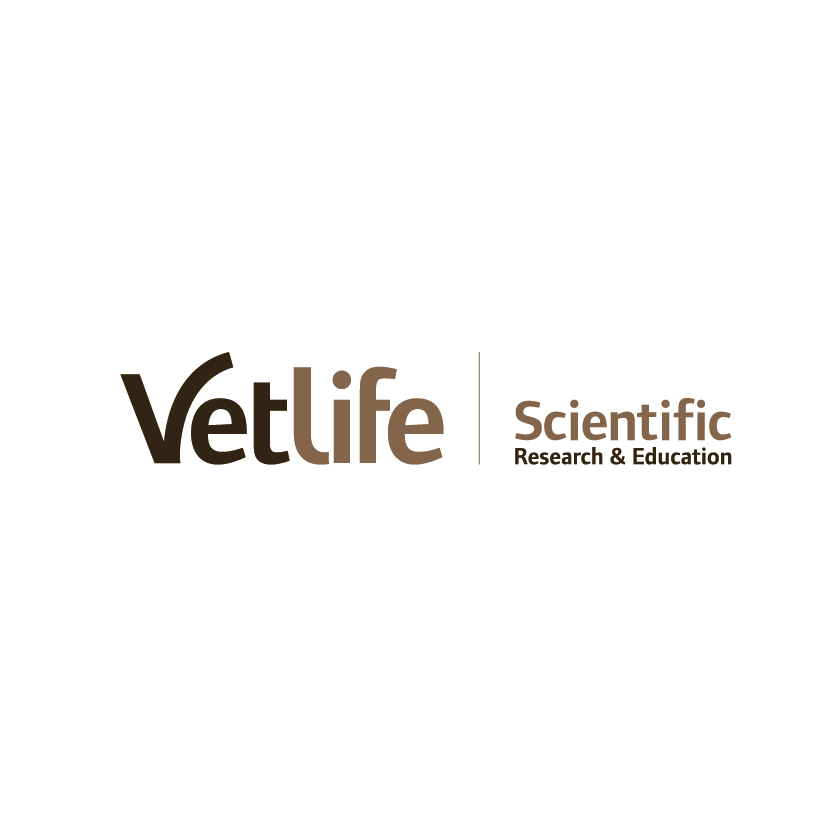
This is a summary of a cross-sectional survey conducted in 2024 by Vetlife Scientific on behalf of the Deer Industry New Zealand (DINZ) Background Following concerns from deer farmers about a novel severe form of lameness in adult stags[1] a national cross-sectional survey was developed by the authors of this study to estimate the prevalence […]
READ MORE

Winter Fawn Management
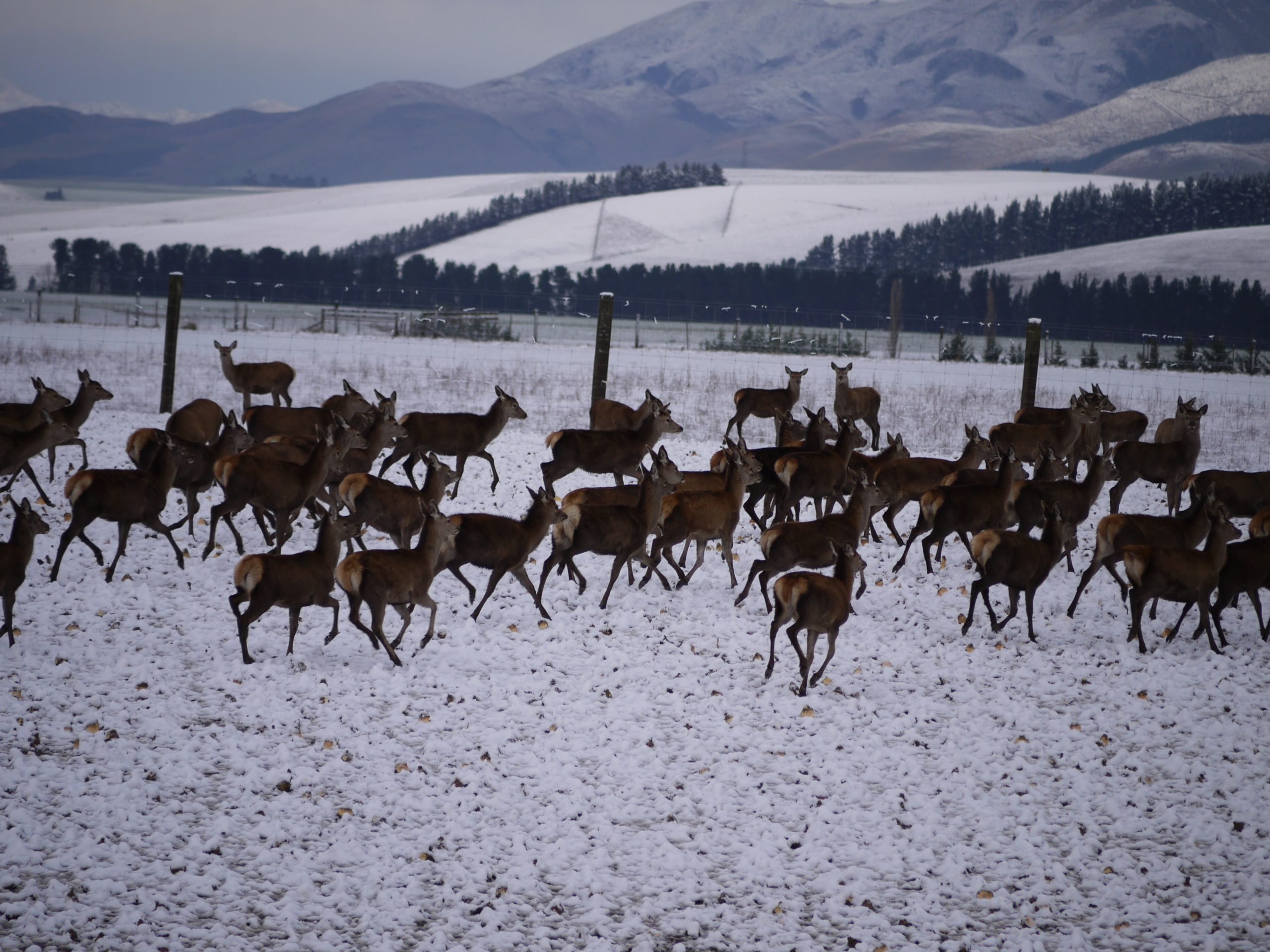
Hopefully, the weaning process has gone smoothly this year and, despite the recent dry conditions in many regions, with careful planning and feed management, you have still achieved some decent autumn growth rates in the fawns. As the day length has now decreased into winter, the growth potential of weaners has also decreased, so realistically […]
READ MORE

Lame Stags – is there a new condition affecting our industry?
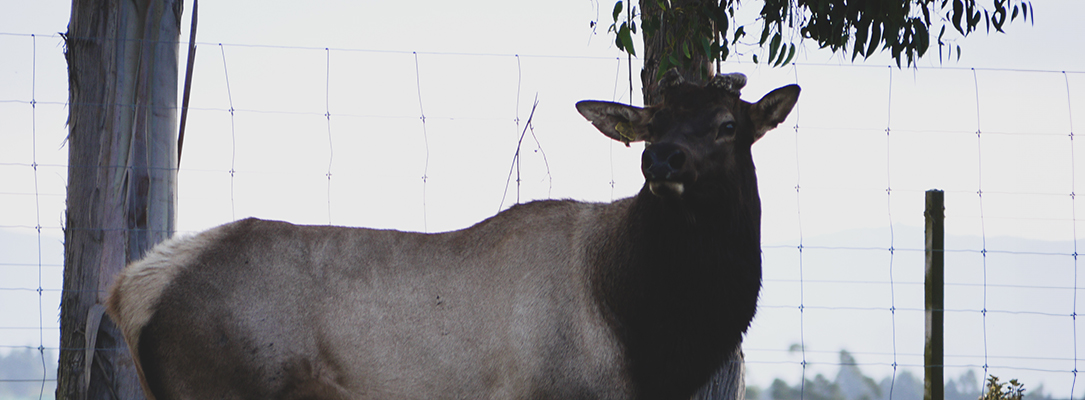
This year has been tough for deer farmers, with uncertainties over continued access to overseas export markets, mixed pricing messages and an increasingly fragmented market. Vetlife recognises the challenges facing its farming clients and is committed to supporting animal agriculture in New Zealand for the long haul. Part of this undertaking includes continuing to invest […]
READ MORE

Hind Scanning 2023
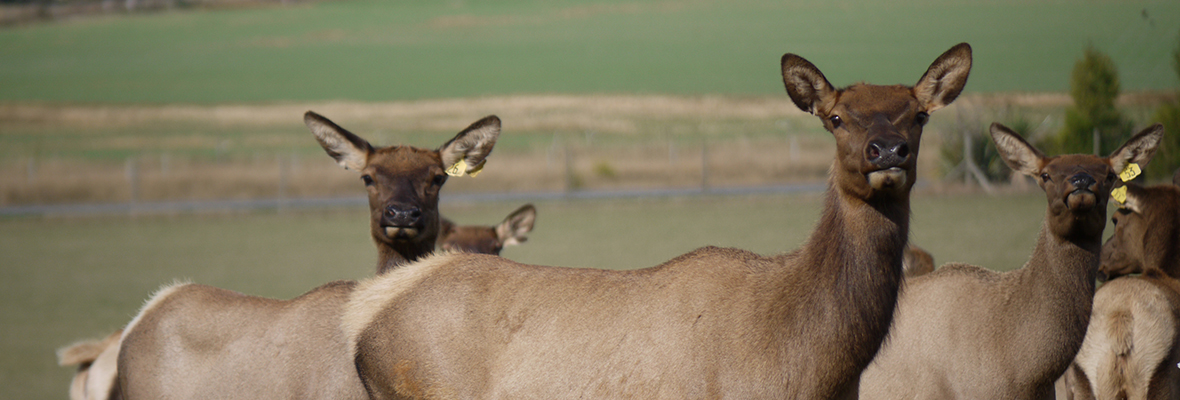
Contrary to that in the North Island, the Central Otago sunshine has been relentless since the new year. Driving around you can see the effect this is having on feed quality throughout the countryside. For hinds coming up to the rut, this may be particularly problematic. Mating will be a tough time, especially for hinds […]
READ MORE

Getting Hinds and Stags Ready for Mating
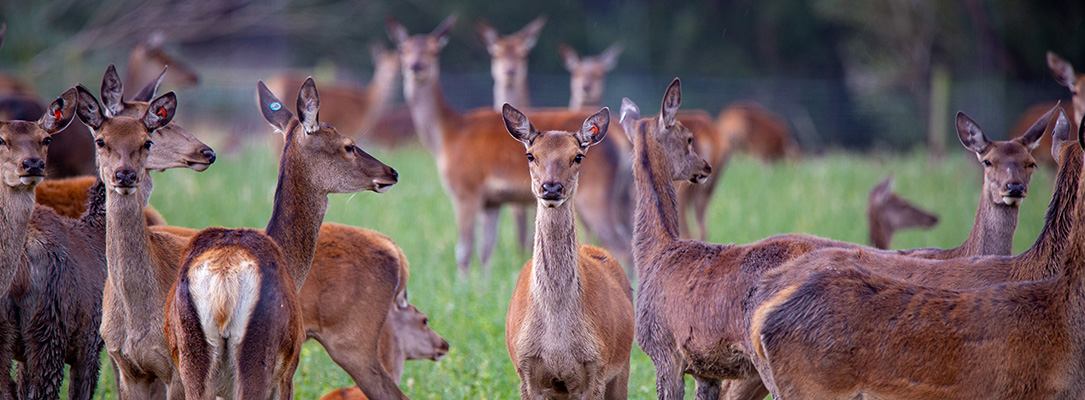
As the breeding season approaches, ensuring your herd is in peak condition is essential for successful mating and maximising the reproductive outcome and growing offspring well. Proper management of both hinds and stags during this time can significantly impact fertility, conception rates, and the overall health of your animals. Below, we outline key strategies that […]
READ MORE

Managing Stags Post-rut
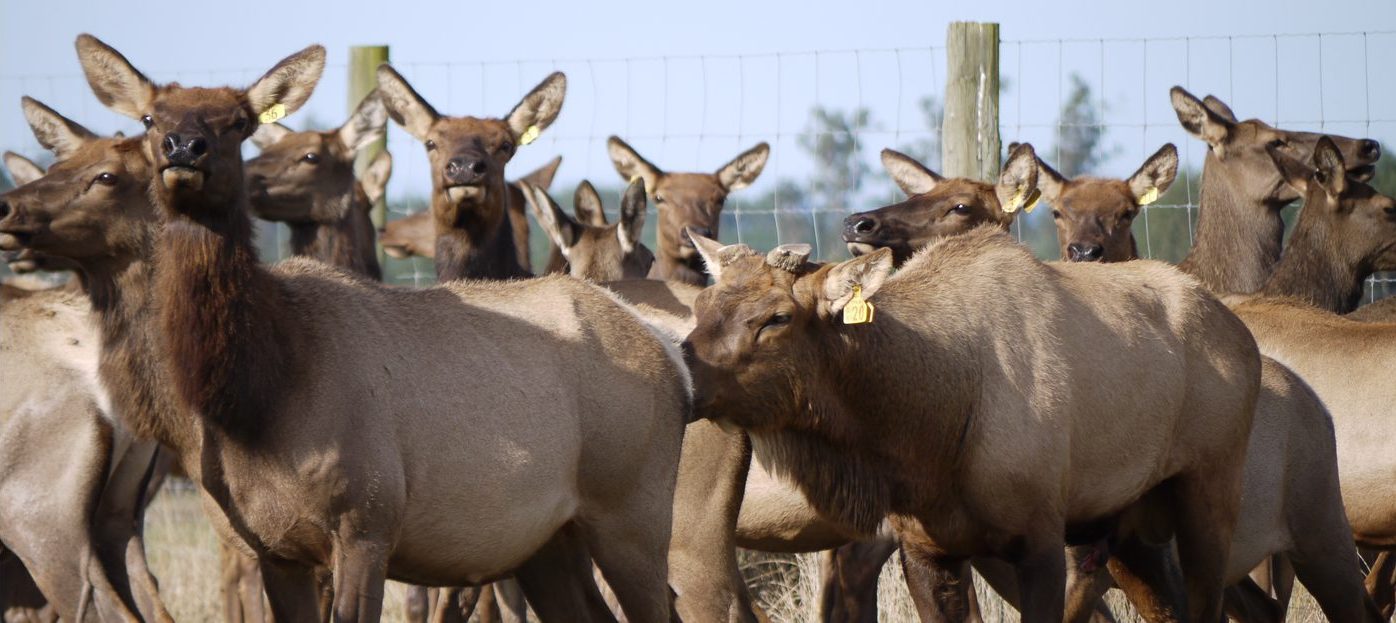
The feed requirement of stags during the roar has been less than half that of other times of the year. This is despite the huge energy investment that goes into protecting their patch and herding hinds (or fence pacing) as stags simply do very little eating over this time. Consequently they lose up to 30% […]
READ MORE

Yersiniosis in Deer
Yersiniosis is one of the main causes of death in four to eight-month-old deer, resulting in stock losses of 10 and 30% in unvaccinated herds. Stress is a major factor in making fawns vulnerable to yersiniosis around weaning. Stresses include: Separation from mother Cold, wet and windy weather Poor nutrition or sudden change of feed […]
READ MORE

Velvet removal in deer – losses may occur
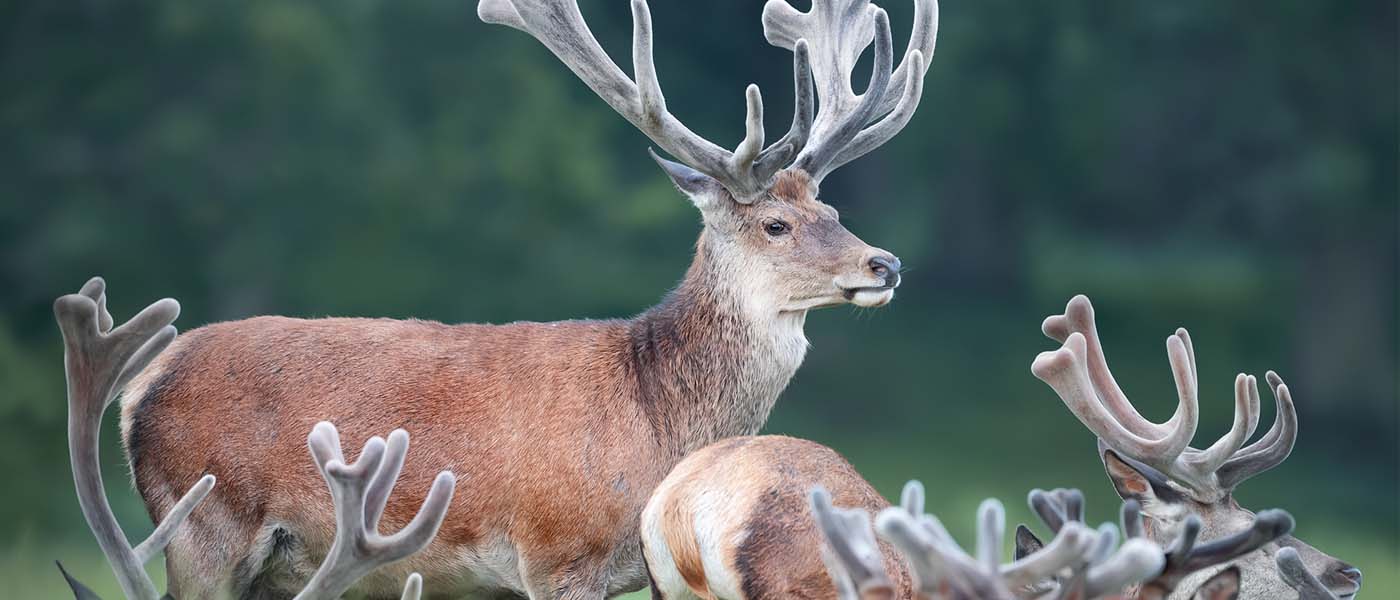
The removal of velvet antler from farmed stags is justifiable for both human and animal safety as well as for economic reasons, but it must be performed with all due regard for animal welfare. If a working crush is not available, then this often requires the stags to be given a chemical restraint (sedative) by […]
READ MORE

New deer drench: Cervidae Oral
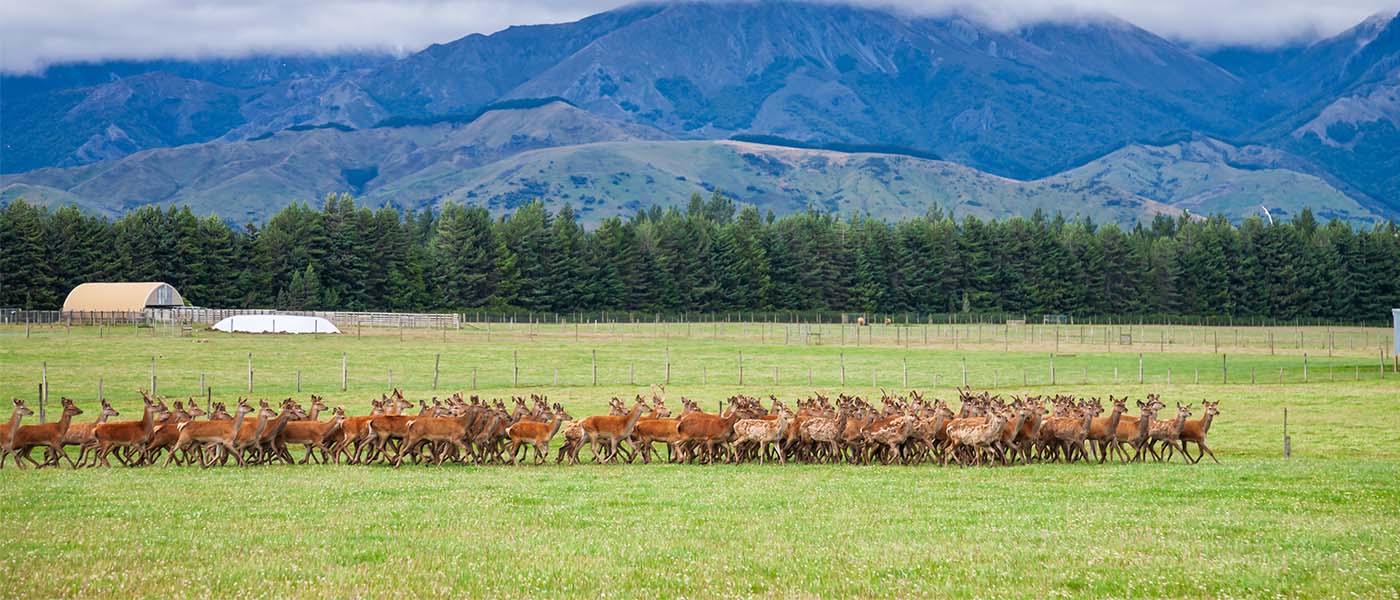
Cervidae Oral, the long-awaited triple drench for deer, has arrived. Cervidae Oral is a triple combination drench containing: Moxidectin (a member of the macrocyclic lactone (ML) drench family), Oxfendazole (a member of the benzimidazole (white) drench family), and Levamisole. Because of the unique way deer process or metabolise actives in drench, Cervidae Oral has been […]
READ MORE

Managing stags to maximise velvet production
Velvet production is highly heritable, meaning that much of the velvet weight and characteristics achievable from your stags are due to their genetics – however, for them to express their genetic potential they require optimal feeding. Good feeding rewards good breeding. Of course, good feeding is important at all ages and stages to ensure target […]
READ MORE

Get in touch with your local Vetlife Clinic today to discuss your animal’s health concerns.
With 18 clinics based throughout the South Island, we look forward to welcoming you into one of our Vetlife clinics.
FIND A CLINIC